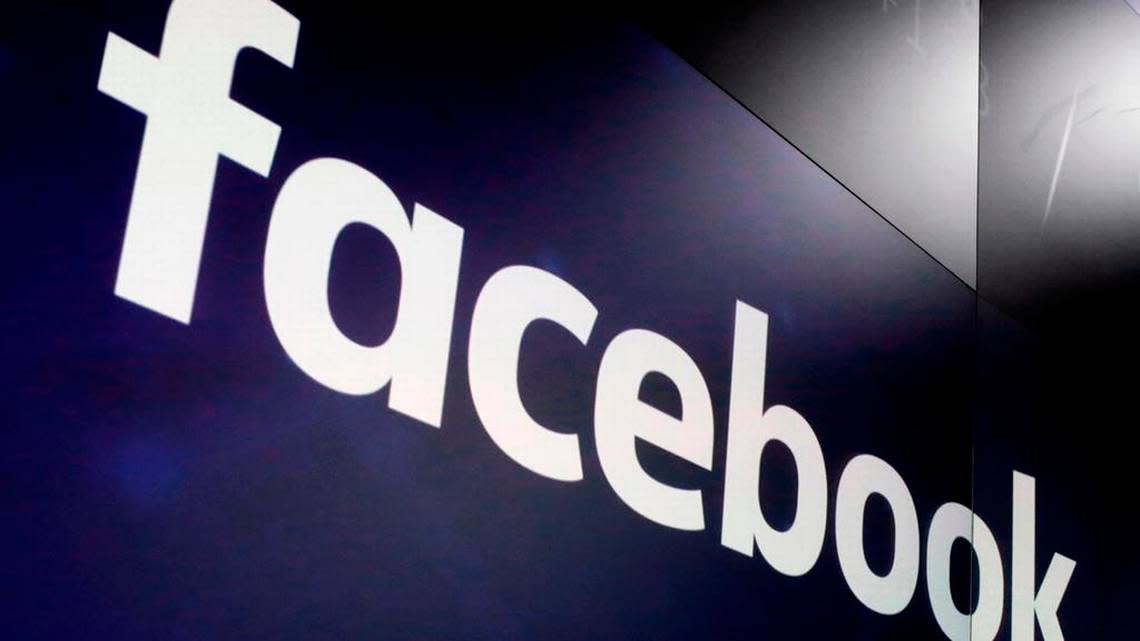My patients are suffering from a pandemic of online misinformation about COVID-19

In the past few weeks, I have received daily messages from patients requesting a medical exemption to allow them to avoid COVID-19 vaccination mandates for workplaces or public venues. The requests follow a common theme: Patients are concerned about taking the COVID vaccine because they don’t trust it — it was rushed out too fast; there are no long-term data on safety; they suspect side effects are being underreported.
As a cardiologist, I know that my patients are at high risk of complications should they contract COVID, so I politely, but firmly, ask them to consider taking the vaccine. I reassure them that the vaccine is safe and that the risks of the vaccine pale in comparison to the risks of COVID. My patients counter with a variety of excuses: Some insist they are immune from a suspected prior COVID-19 exposure. Some feel precautions such as isolating themselves and taking supplements are sufficient protection, while others would rather take their chances with the coronavirus than a vaccine that they don’t trust.
I have difficulty reconciling the contradiction of these patients’ trust. On the one hand, they trust me completely when I recommend a new medication or a procedure. However, when I ask them to consider a COVID vaccine, they are resistant. Lately, I have found myself calling up my anti-vax patients and discussing their concerns. I started by just listening, and what I learned surprised me. They are not conspiracy theorists who think microchips are hidden in the vaccine, or that drug companies are secretly plotting with the Chinese government. In my experience, these characteristics define the vaccine-resistant: First, they are fairly intelligent and have read a lot of information, usually online, about various COVID-19 treatments. Second, they tend to get their news through alternative sources of information. Third, they had exposure early on in the pandemic to compelling content in the form of an online post or a personal discussion with a friend that resonated with their fears and beliefs.
As a result, these patients exhibit classic anchoring bias, where their opinion is cemented by one piece of evidence and then they accept all subsequent supporting information as affirmation of this bias. All subsequent information that opposes this bias is discounted — a situation that is virtually impossible to overcome.
However, if we can get patients to reengage with their physicians and discuss their concerns about the vaccine, then we have a chance to disrupt this anchoring bias and get patients to reconsider their opposition. Patients need to remember that their own physician is familiar with their medical history and cares more about them than anyone they might find online does. I have found that talking through my own rationale for getting my children and myself vaccinated has helped patients understand and appreciate a perspective different from their own. Patients seem to respond better to a minute of a personal connection than an hour of data.
Fundamentally, we understand that the pandemic will end once the virus has run out of new hosts to infect. This will occur when everyone is vaccinated or until COVID-19 has infected all remaining unvaccinated people and those that survive will be immune. The latter option will cost more lives, take more time and exert a tremendous impact on our society and economy. To save as many lives as possible and bring the pandemic to an end in the near future, unvaccinated patients need to reach out and have conversations with their physicians about their concerns. This is really the only way to defeat the pandemic of misinformation.
Sanjaya Gupta a cardiologist at Saint Luke’s Hospital. The views here are his own and do not represent an official statement from Saint Luke’s.

 Yahoo Movies
Yahoo Movies 
